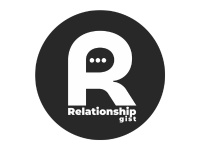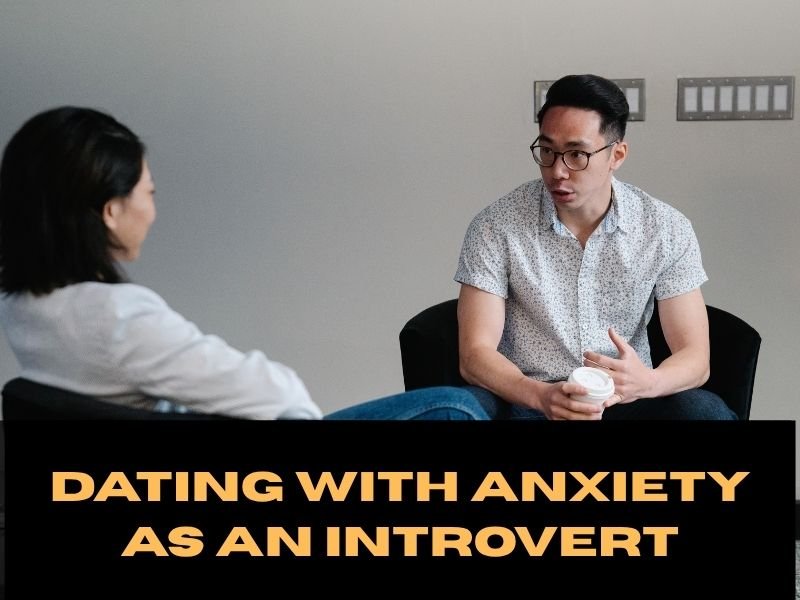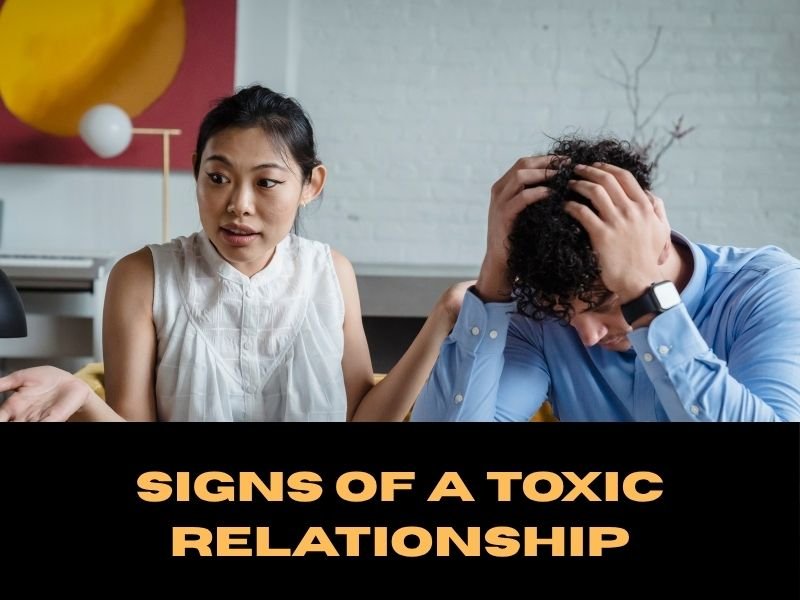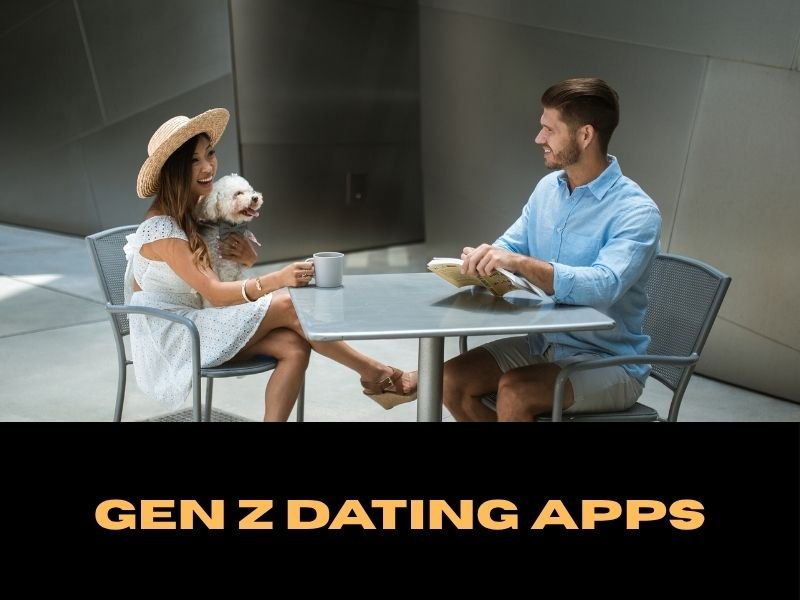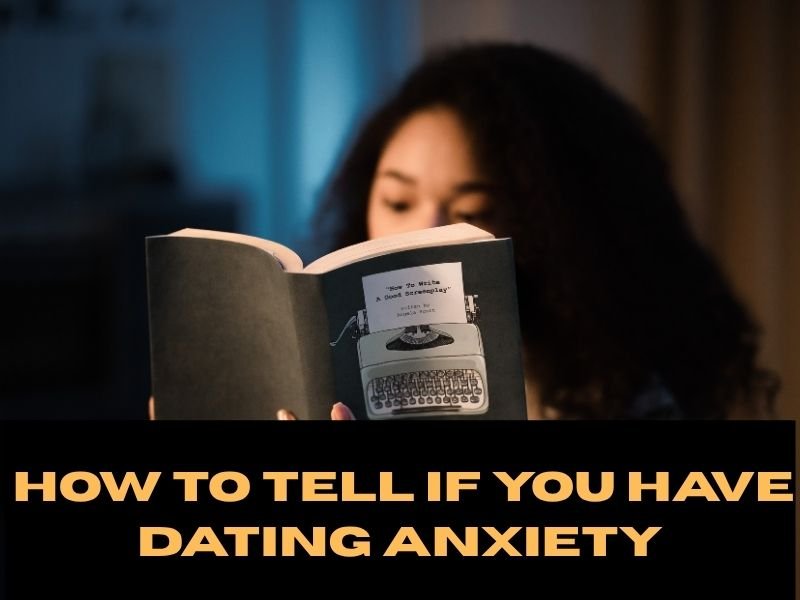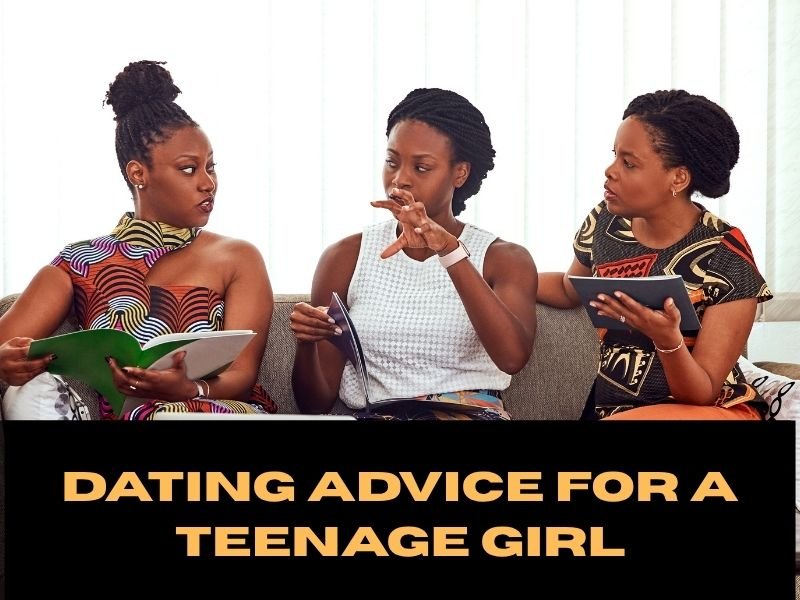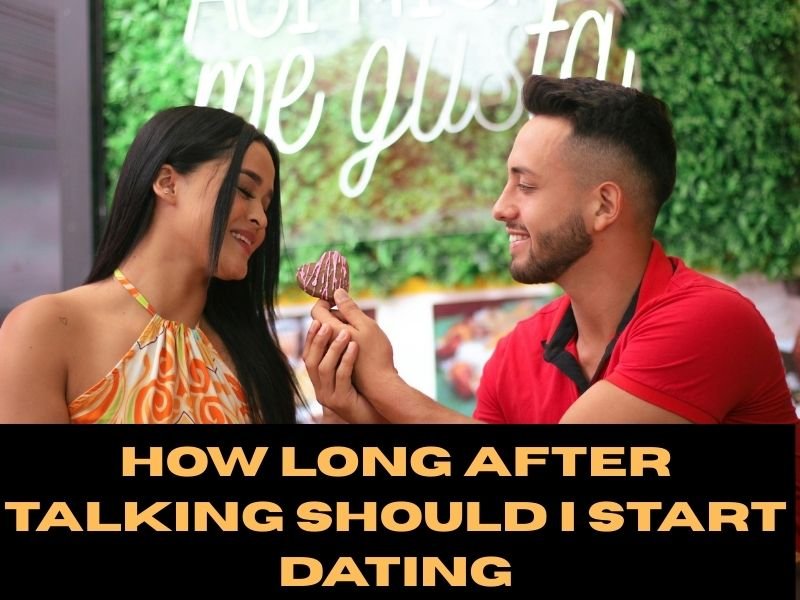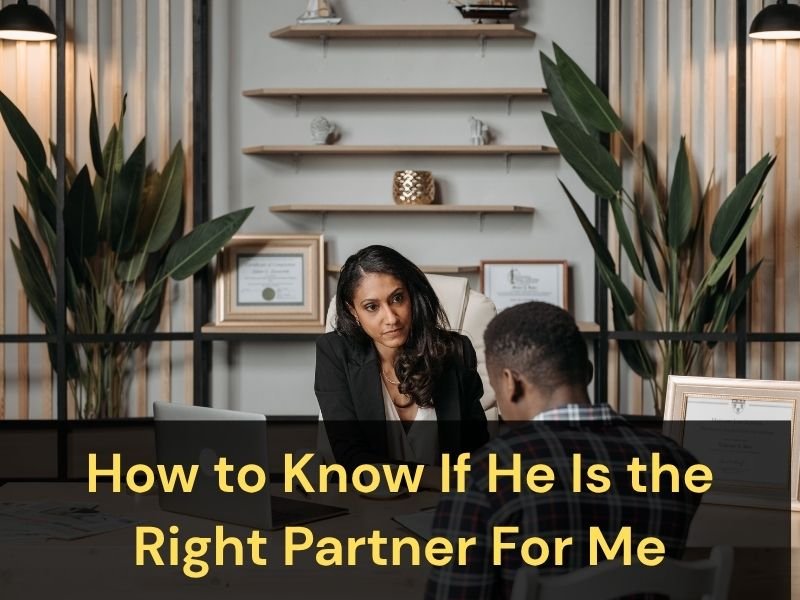For introverts, dating always feels like navigating a maze of social expectations and emotional overexposure. And when anxiety is thrown into the mix, what should naturally be a journey toward connection can become paralyzing. You may find yourself overthinking texts, avoiding eye contact on dates, or canceling plans simply because your energy has hit rock bottom. It’s not about being uninterested, but it’s about being overwhelmed.
Take Melissa, a 29-year-old book editor who thrives on quiet spaces and deep conversations. When she finally entered the dating scene again after a long hiatus, she constantly battled her anxiety. First dates felt more like interviews, and after every outing, she replayed every word she said. It wasn’t until she reframed her dating on her own terms and embraced her introverted nature, rather than fighting it, that things started to take a positive turn. This article offers the same clarity and empowerment to you.
Redefine What “Successful Dating” Means to You
Many introverts fall into the trap of measuring success by extroverted standards, constant socializing, witty banter, and effortless charm. But true connection doesn’t require you to perform any of these. What it does require is authenticity. Redefining dating success will therefore mean focusing less on outcomes like “Did they like me?” and more on alignment: “Did I feel safe, seen, and true to myself?”
Picture Jordan, a quiet software engineer who used to fake confidence and force conversation during dates. What that did to him was that it left him drained and disconnected from his own reality. But when he read this article, he reached out to tell me that it helped him shift his focus toward enjoying shared silence, asking thoughtful questions, and being upfront about his need for slow pacing. His dating experience became fulfilling. He stopped chasing chemistry and started cultivating connection. Your version of success should fit your emotional rhythm, not someone else’s tempo.
Heal the Roots of Your Anxiety—Not Just the Symptoms
What is anxiety? For most introverts, it is a feeling of fear or unhappiness regarding something or someone. It usually consists of negative speculation about something that may happen in the future. We feel regret, shame, or guilt for the past, but anxiety is always focused on something in the future. These include things like how others see us, or whether we are good enough. We are anxious about simple things like the look of our appearance or complex issues that involve dating.
Take Aisha’s story: she avoided dating for years because her introversion was mistaken for coldness. In therapy, she unearthed the fear that her quietness made her “unlovable.” With time and self-compassion, she reframed this fear and started dating again, with intention and pride in who she was. Healing the root of anxiety means rewriting the narrative you carry about your worth, your pace, and your voice. To truly thrive in dating, you must gently confront and heal these internal beliefs instead of masking them with surface-level tips.
Create a Dating Environment Where You Feel Safe and in Control
Dating with anxiety as an introvert becomes far more manageable when you set the terms. It also means having the Correct Perspective and a change in attitude. Instead of forcing yourself into overstimulating environments, choose settings that align with your comfort zone. A quiet coffee shop, a walk in the park, or a bookshop date gives you space to think, speak, and feel without pressure or sensory overload.
Ethan, a software engineer, dreaded loud bars and rushed dinners. He started suggesting low-key meetups and even added a note in his dating profile about his love for deep conversations over coffee. To his surprise, he began attracting women who valued the same vibe. You don’t need to “tough it out” in draining spaces; your ideal dating environment is not only allowed but essential to building confidence.
Learn to Regulate Nervousness With Pre-Date Routines
If you are an introvert with anxiety, dates can feel like performance stages rather than moments of connection. Your heart races. Your mind spirals into worst-case scenarios. However, one of the most powerful tools in dating with anxiety as an introvert is the ability to develop a personalized pre-date ritual. Anxiety thrives in unpredictability, so giving yourself structure before a date will create a sense of control and inner calm. These routines don’t need to be elaborate; the key is consistency and intentionality.
For example, taking a short walk, engaging in deep-breathing exercises, journaling your thoughts, or listening to soothing music can lower your heart rate and quiet the mental chatter. When your mind and body are aligned, you are better able to show up as your authentic self. Confidence grows when you are not fighting your anxiety but working with it, one calming habit at a time. These kinds of rituals, whether it’s stretching, meditation, or even laying out your outfit ahead of time, will help soothe the fight-or-flight response.
Choose Low-Stimulation Date Settings That Encourage Real Conversation
Environment matters more than many realize. High-energy places like loud bars, crowded restaurants, or chaotic public events will drain your mental battery quickly, making it harder to be present or form genuine emotional connections. Instead, opt for environments that are calm, cozy, and allow room for thoughtful, unhurried conversation. Choosing the right environment isn’t just about comfort, but it’s a strategic move. A peaceful setting tells your nervous system that there’s no threat, giving you a better chance to engage fully.
Think of James, a reserved manager for Mattress Warehouse, who dreaded dates in bustling nightclubs. Every time, he ended up withdrawing midway through, overwhelmed by noise and sensory overload. But when he started planning dates in botanical gardens, quaint cafés, or quiet museum galleries, everything shifted. He discovered he could finally be himself, more attentive, more relaxed, and far more open. The setting empowered his natural strengths: active listening, deep reflection, and emotional intelligence.
Practice Mindful Body Language to Communicate Interest
In dating scenarios, especially for introverts navigating anxiety, nonverbal communication often speaks louder than words. This is why practicing mindful body language can significantly enhance your presence and help convey warmth, interest, and confidence, even when your inner world feels uncertain. Simple gestures such as sustained eye contact, relaxed posture, and genuine smiles can foster a sense of connection and safety. These cues silently affirm your engagement, even if you’re not the most talkative person in the room.
Mindful body language also helps you regulate your emotional state. When you consciously relax your shoulders, unclench your fists, or breathe more slowly, you signal calm to both your brain and the person sitting across from you. This not only reduces anxiety but also invites trust and comfort into the interaction. In turn, your date is more likely to respond positively and feel emotionally connected. Nonverbal cues are often underestimated by those who struggle with anxiety, but they remain a vital part of romantic chemistry.
Honor Emotional Vulnerability as a Strength, Not a Flaw
For introverts dealing with dating anxiety, emotional vulnerability may often feel like a liability, something to conceal rather than express. However, in the context of meaningful relationships, it is a profound strength. Allowing someone to see your authentic self creates space for trust, empathy, and genuine connection. Opening up emotionally does not require grand confessions or dramatic gestures. It can be as simple as expressing what brings you joy, what makes you nervous, or how you feel in the moment. These small but sincere disclosures allow your partner to better understand you, while also permitting them to be vulnerable in return.
When you honor your own emotional sensitivity, you set a foundation for emotionally secure connections. Many people find emotional honesty deeply attractive, particularly when it comes from someone who has reflected on their inner world. It shows maturity, depth, and a willingness to build something lasting. Choosing to be emotionally open is not about oversharing or abandoning boundaries. It is about being intentional with what you reveal and when. As an introvert, your measured, thoughtful approach to sharing often lends sincerity and weight to your words—making your vulnerability even more impactful.
Set Personal Boundaries Without Guilt
One of the most empowering actions an introvert with dating anxiety can take is learning to establish and protect personal boundaries. Boundaries are not barriers to connection, but they are bridges to healthier interactions. They clarify what you are comfortable with and what you need to feel emotionally safe, respected, and at ease. It is essential to understand that setting boundaries is not selfish; it is a form of self-respect and self-preservation. Whether it’s needing time alone after social events, preferring quiet date settings, or being clear about emotional pacing, honoring these preferences ensures you don’t feel drained or overwhelmed in the process of building intimacy.
Communicate your boundaries early and calmly. Use phrases that express your needs without accusation, such as, “I recharge best with quiet time after a busy day,” or “I prefer texting before calls.” Clear boundaries give your partner a roadmap for how to love and support you better, and those who care about your well-being will appreciate the guidance. By normalizing boundaries as a part of healthy dating, you also encourage your partner to share theirs. This mutual exchange promotes respect, fosters emotional safety, and leads to a more balanced and fulfilling relationship where neither party feels lost or overextended.
Celebrate Your Wins—Even the Small Ones
Jake had always struggled with anxiety when it came to dating. Just the thought of meeting someone new made his palms sweat. But after weeks of building, reading this article, and taking small steps, he finally went on a coffee date. It was only 37 minutes long, but he didn’t cancel. He showed up. And that was a win. Dating with anxiety as an introvert isn’t about giant leaps; it’s about quiet bravery, consistent effort, and acknowledging progress. So, whether it’s sending a message on an app, attending a small gathering, no matter how small, builds momentum and reinforces that you’re capable of growth.
You don’t need to wait for a perfect first date or a relationship to feel proud. Start recognizing emotional wins like setting boundaries, being vulnerable, or expressing interest. These internal victories often go unnoticed, but they are the foundation of genuine confidence and resilience. Each small celebration is a reminder: You are doing the work. You are showing up for yourself. And even if the dating world feels overwhelming at times, you are making progress on your own terms, and that’s more than enough.
Embrace the Journey, Not Just the Destination
It’s easy to get caught up in the outcome, finding the right partner, reaching relationship milestones, or escaping the loneliness that sometimes haunts quiet nights. But when dating with anxiety as an introvert, the true victory lies in the journey itself. Each moment of courage, self-awareness, and vulnerability adds to a foundation of personal growth that goes far beyond romantic success. Instead of asking, “When will I find someone?”, begin asking, “What am I learning about myself?” That shift transforms anxiety into empowerment.
There’s no one right path or timeline. Some dates may fizzle, and some seasons might feel slow. But each experience, good or awkward, is a chapter in your story of self-discovery. The person who eventually walks beside you will be meeting someone whole, self-aware, and deeply rooted in their truth. That’s not just love. That’s transformation. You’ll discover not just what you want in a partner, but how to stay grounded, protect your energy, and show up authentically. The process becomes an act of self-respect and emotional maturity.
Conclusion
Dating with anxiety as an introvert does not mean settling for less or constantly battling discomfort. It means crafting a love story that honors your pace, your space, and your depth. When you stop comparing your journey to others and start trusting your internal rhythm, you open the door to connection that feels safe, sincere, and lasting. You don’t have to be the loudest in the room, the most extroverted at the table, or the boldest on the dating app.
The right person won’t just accept your quiet strength, but they’ll be drawn to it. And when that connection happens, it won’t feel like performance. It’ll feel like peace. You are neither behind nor broken, but you are building something deeper than sparks: you are cultivating intimacy rooted in trust, curiosity, and truth. And that kind of love? It’s worth every slow, thoughtful step. You just have to be you, calm, intentional, observant, and emotionally rich.
Frequently Asked Questions About Dating as an Introvert
1. Is dating difficult for introverts?
Dating can present unique challenges for introverts, especially in environments that favor quick social interaction and small talk. Many introverts prefer meaningful, one-on-one conversations over large social events, which can make conventional dating scenes feel overwhelming. However, with the right approach, such as online platforms, intentional dating, and clear boundaries, introverts can enjoy deeply fulfilling romantic connections.
2. How do you date as an introvert?
Introverts thrive when they honor their natural temperament. Successful dating as an introvert often involves choosing quiet, comfortable settings for dates, pacing emotional intimacy gradually, and ensuring time alone to recharge. It’s also helpful to be honest with potential partners about your preferences and to seek relationships with individuals who value deep conversation, patience, and emotional authenticity.
3. How do introverts flirt?
Introverts typically flirt in subtle, thoughtful ways rather than using bold or overt gestures. They may express interest through meaningful eye contact, attentive listening, and engaging conversation. Rather than relying on loud compliments or playful teasing, introverts often prefer to show genuine curiosity, ask deep questions, and use body language like slight smiles, leaning in, or mirroring behavior to communicate attraction.
4. What are the 4 stages of an introvert?
The concept of “4 stages of an introvert” is not a standardized psychological model, but can loosely describe how introverts navigate social energy and connection:
-
Observation: Introverts begin by observing their environment before engaging.
-
Processing: They internally reflect and assess before forming responses.
-
Selective Expression: Introverts choose when and with whom to share their thoughts, preferring quality over quantity in communication.
-
Recharging: After social interaction, introverts require solitude to restore emotional and mental energy.
